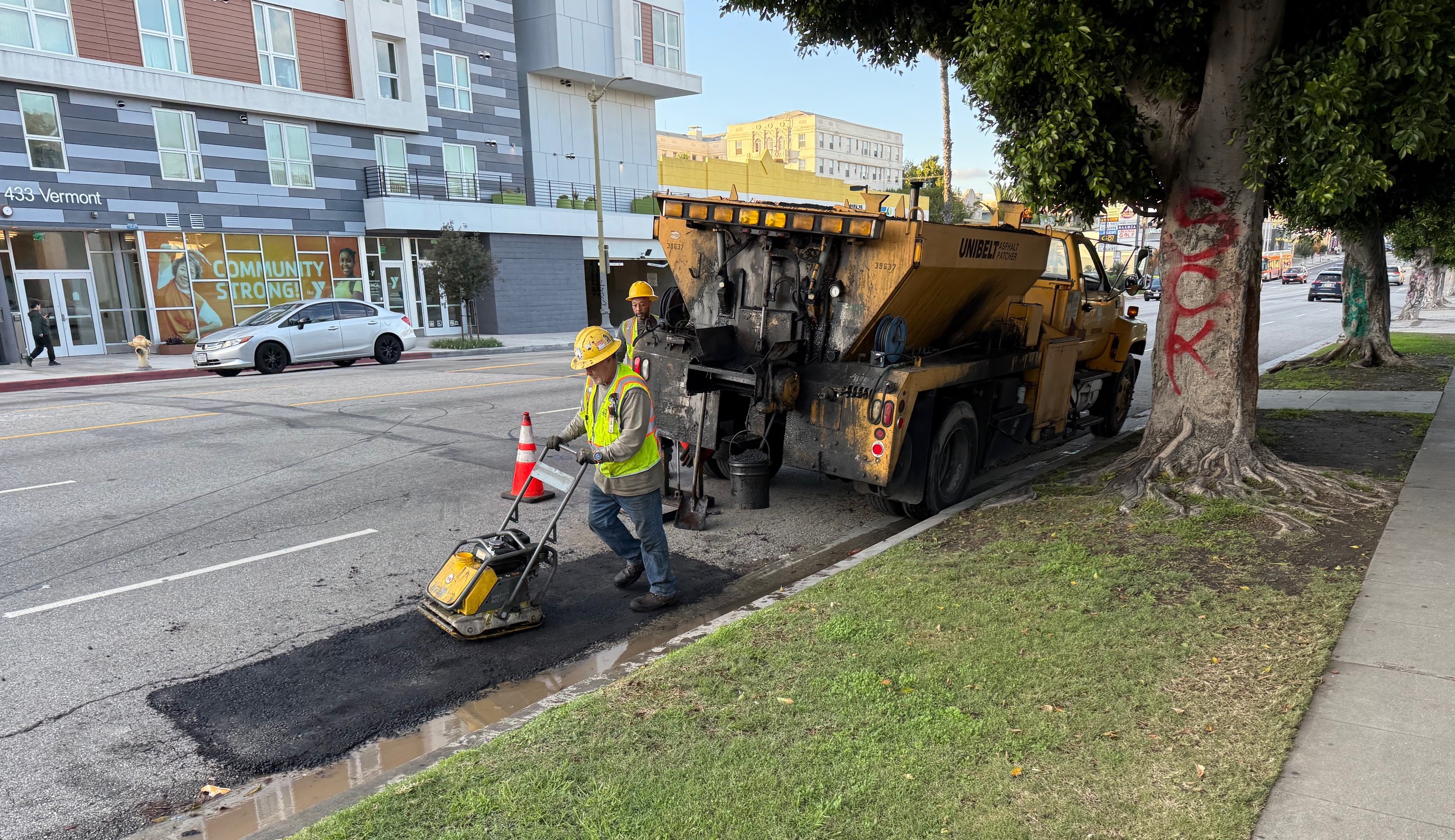
By the end of the 20th century, the Historic Peninsula of Istanbul had a serious pollution problem. Writing for TheCityFix, Tu?çe Üzümo?lu says air quality was so bad that historic sites and monuments were degrading.
When a UNESCO study identified poor transportation infrastructure as a factor, the local government pedestrianized streets throughout the district. Ten years later, Üzümo?lu reports, the air is much cleaner.
Thanks to the recent pedestrianization efforts in the Historic Peninsula, vehicle emissions and pollution levels have come down significantly. A new report titled “Assessment of the Air Quality Effects of Pedestrianization on Istanbul’s Historic Peninsula” from EMBARQ Turkey analyses the impacts of pedestrianization on local air quality in Istanbul.
Meanwhile, the residential area in the Northeast of the Historic Peninsula -- which has not been pedestrianized -- has experienced little or no reduction in traffic-related emissions, demonstrating clearly the effect of pedestrianization on local air quality.
Üzümo?lu points out additional benefits to prioritizing people over cars, including safer streets and an overall boost to quality of life. “It’s critical that city leaders in Istanbul and beyond recognize the success that pedestrianization can have on urban communities and continue to support walkable, people-oriented streets,” Üzümo?lu writes.
Elsewhere on the Network: BikeWalkLee reports that local leaders have decided that impact fees, once reserved for road-building, can be used for transit and bike/ped projects; the Virginia Bicycle Federation finds a relaxed cycling culture in Florence, Italy; and ATL Urbanist wonders if the Atlanta region is "density-proof."






